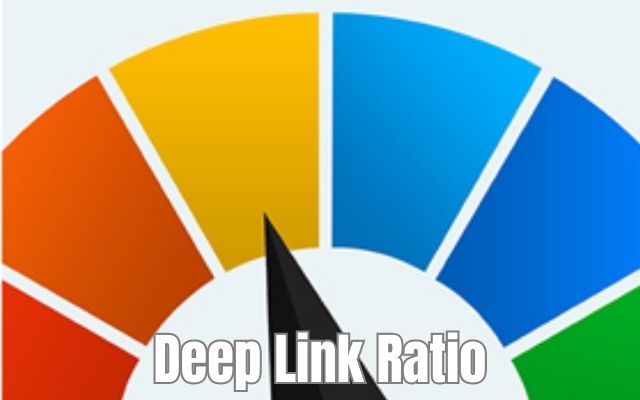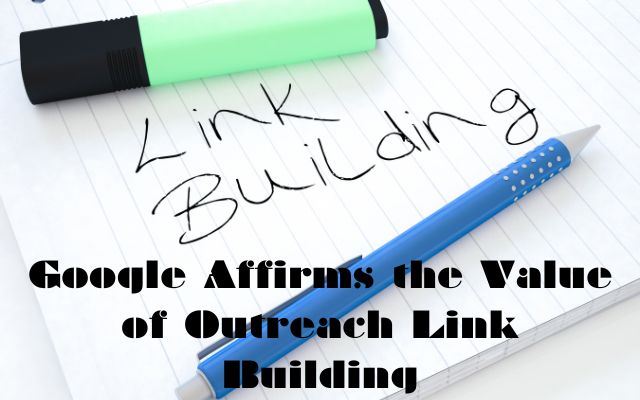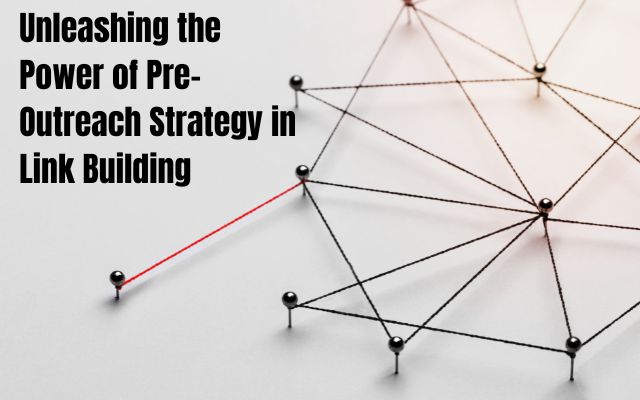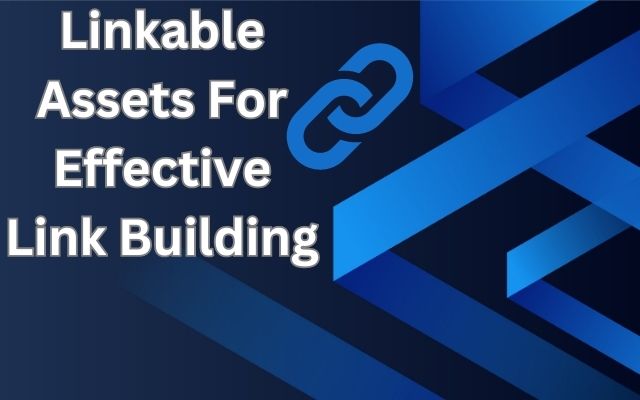The Art of Link Building: Strategies and Techniques for Success
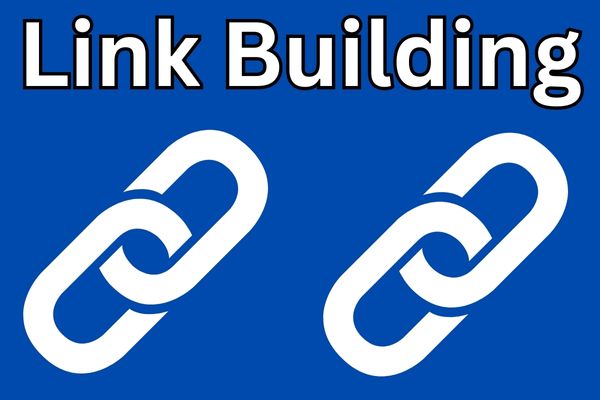
Link building is the process of acquiring hyperlinks from other websites to your own website. It is an essential part of search engine optimization (SEO) since search engines like Google use links to determine a website’s authority and relevance. In this article, we will explore the art of link building: various strategies and techniques for success.
Link Building Strategies:
Link building is an essential component of an effective SEO strategy. Here are some proven link building strategies to help you acquire high-quality backlinks:
Content Creation and Promotion:
Create compelling, informative, and shareable content that naturally attracts backlinks. This can include blog posts, articles, guides, infographics, videos, and research reports. Focus on providing unique insights, solving problems, and offering valuable resources to your target audience. Promote your content through various channels, including social media, email outreach, and influencer collaborations, to increase its visibility and attract natural backlinks.
Guest Blogging:
Identify reputable blogs and websites in your niche that accept guest contributions. Write high-quality guest posts that provide valuable insights and align with the target website’s audience. Include a relevant and natural link back to your own website within the guest post. Guest blogging not only earns you backlinks but also helps you establish yourself as an industry expert and expand your reach.
Influencer Outreach and Collaboration:
Build relationships with influencers and industry experts in your niche. Engage with them on social media, share their content, and participate in their conversations. Collaborate on projects, interviews, or content co-creation. When influencers recognize your value, they may naturally link back to your website. Influencer endorsements and mentions can significantly enhance your website’s credibility and attract organic backlinks.
Broken Link Building:
Identify websites in your niche that have broken or outdated links. Reach out to the website owners or webmasters and inform them about the broken links. Offer them a replacement link from your own website, which should be relevant and valuable. Broken link building is a win-win strategy as it helps the website owner fix their broken links while providing you with an opportunity to acquire a quality backlink.
Resource Link Building:
Create comprehensive resource pages or link roundups on your website that curate and organize valuable industry resources, tools, or articles. Reach out to other website owners, bloggers, and industry influencers, notifying them about your resource page. If they find it valuable, they may naturally link to it as a reference for their own audience. Resource link building is effective for acquiring relevant and authoritative backlinks.
Skyscraper Technique:
Identify popular and high-ranking content in your industry, and create even better and more comprehensive versions. Improve upon existing content by adding new data, insights, or visuals. Once your improved content is ready, reach out to websites that linked to the original content and inform them about your updated and superior version. This technique leverages existing backlink opportunities and helps you secure valuable links.
Testimonials and Reviews:
Provide testimonials or reviews for products, services, or tools that you genuinely endorse. Reach out to the respective companies or service providers, and ask if they would be willing to feature your testimonial on their website with a link back to your site. This strategy not only helps you earn backlinks but also enhances your online reputation and establishes your authority in the industry.
HARO (Help a Reporter Out):
Sign up for HARO, a platform connecting journalists with expert sources. Monitor HARO emails for relevant inquiries and respond with valuable insights or expert quotes. If your response gets selected, you’ll earn a backlink from the article or publication, enhancing your website’s authority and visibility.
Remember, link building should focus on quality over quantity. Acquire backlinks from authoritative, relevant, and reputable sources to improve your website’s search engine rankings and organic visibility. Building genuine relationships, providing value, and promoting exceptional content are the foundations of successful link building strategies.
Link Building Best Practices:
When engaging in link building, it’s important to follow best practices to ensure that your efforts are effective, sustainable, and aligned with search engine guidelines. Here are some key link building best practices to consider:
Focus on Quality over Quantity:
Prioritize acquiring high-quality backlinks from authoritative and relevant sources. A few high-quality backlinks from reputable websites carry more weight than numerous low-quality links. Quality backlinks are more likely to drive targeted traffic and positively impact your search engine rankings.
Earn Natural and Organic Backlinks:
Strive to earn natural and organic backlinks by creating exceptional content that naturally attracts links. Focus on producing valuable resources, insightful articles, unique research, or engaging multimedia content that naturally garners attention and citations from other websites. This approach establishes your website as an authoritative source and reduces the risk of penalties from search engines.
Build Relationships and Foster Outreach:
Invest time in building relationships with influencers, bloggers, journalists, and industry experts. Engage with them on social media, participate in discussions, and provide valuable insights. Personalized outreach is key to securing guest blogging opportunities, collaboration projects, and earning editorial links from authoritative websites.
Relevance and Context Matter:
Acquire backlinks from websites that are relevant to your industry, niche, or content. Links from relevant sources carry more value and indicate to search engines that your website is an authoritative resource within your field. Ensure that the linking page and its content align with the topic or theme of your website.
Diversify Your Link Profile:
Strive for a diverse backlink profile that includes links from various sources. Acquire links from different types of websites such as blogs, news sites, industry directories, social media platforms, and educational institutions. This diversification demonstrates the organic growth of your backlink profile and reduces the risk of relying heavily on a single type of source.
Optimize Anchor Text:
Use anchor text strategically to optimize the relevance and context of your backlinks. Aim for a natural and varied distribution of anchor text, including branded terms, generic phrases, and some targeted keywords. Avoid excessive use of exact match keywords, as this can be seen as manipulative and raise red flags to search engines.
Monitor and Audit Your Backlink Profile:
Regularly monitor and audit your backlink profile to identify any toxic or spammy links that may harm your website’s reputation and rankings. Utilize tools like Google Search Console, Ahrefs, or Moz to analyze your backlink profile and disavow any harmful or irrelevant links.
Stay Up-to-Date with Search Engine Guidelines:
Stay informed about search engine guidelines, particularly Google’s Webmaster Guidelines. Familiarize yourself with the rules and recommendations for link building to ensure compliance and avoid penalties. Google’s guidelines provide valuable insights into acceptable link building practices and can help you make informed decisions.
Be Patient and Persistent:
Building a strong backlink profile takes time and persistence. Don’t expect instant results or resort to shortcuts that may harm your website in the long run. Consistently produce high-quality content, engage with your audience, and focus on building genuine relationships with influencers and industry leaders. Over time, your efforts will pay off with organic and sustainable backlinks.
By following these best practices, you can build a strong and authoritative backlink profile that enhances your website’s visibility, drives targeted traffic, and improves your search engine rankings. Remember, link building is a continuous process that requires ongoing effort, adaptability, and a focus on providing value to your audience and the broader online community.
- Building Stronger Connections: A Comprehensive Guide to Resource Link Building Strategies
- Unlocking the Power of Guest Blogging: Strategies and Tips for Building Your Online Presence
- Reaching New Heights: A Comprehensive Guide to the Skyscraper Technique in Link Building
- Social Signals for Link Building: How to Harness the Power of Social Media for SEO Success
- Building Backlinks and Boosting Engagement: The Power of Comment Link Building
- Unlocking Lost Opportunities: A Guide to Link Reclamation for Boosting Your Online Presence
In summary,
Link building is an important aspect of SEO, and there are various strategies and techniques for building links. By following best practices such as quality over quantity, relevancy, and diversification, and being patient and persistent, you can build a strong link profile that will help improve your website’s search engine rankings and drive traffic to your site.



